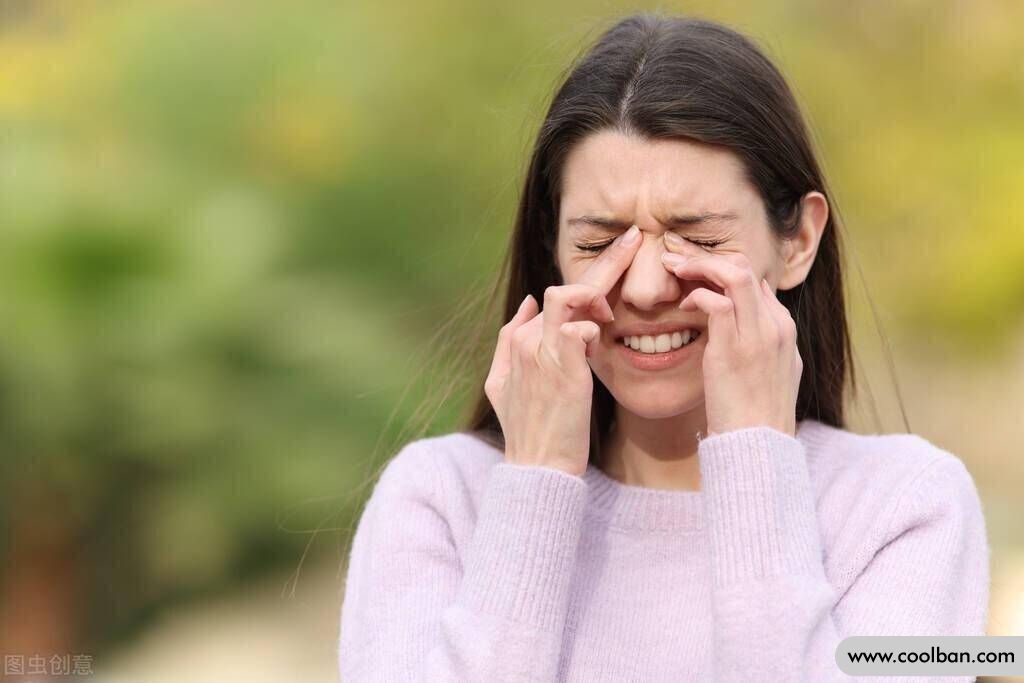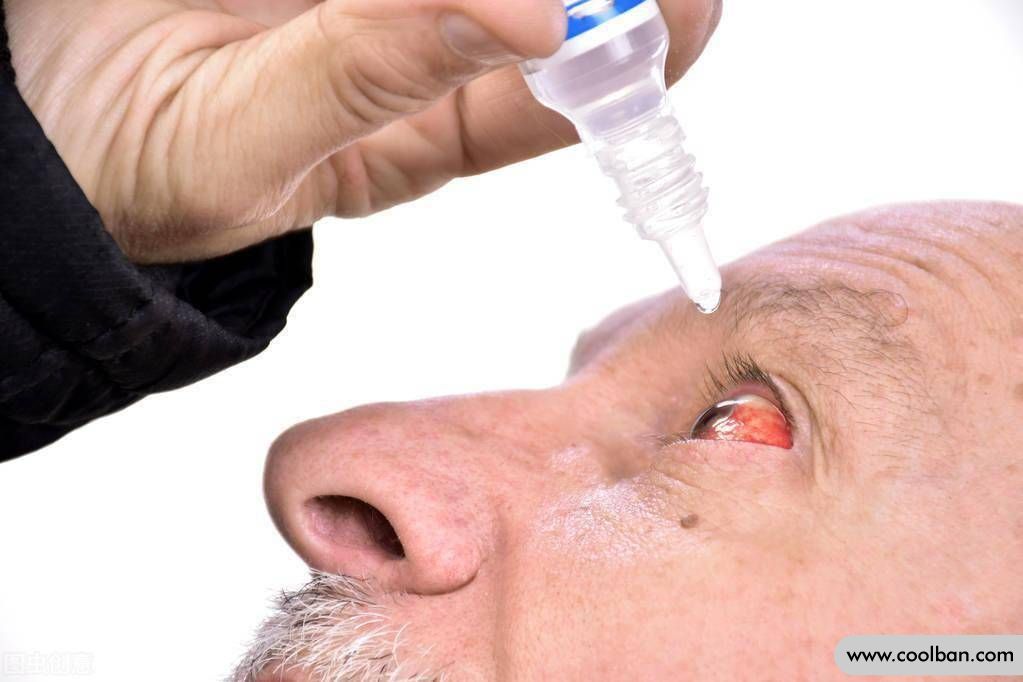Is itchy eyes an allergy?
The beginning of autumn means the beginning of autumn. The autumn air is refreshing and the body feels very comfortable, but at the same time, the beginning of autumn is also the season of high incidence of allergic conjunctivitis, which is a difficult day for people suffering from allergic conjunctivitis. Their eyes will be extremely itchy and unbearable. They can't wait to pull out their eyeballs and can't help rubbing their eyes. My eyes are always red and itchy, even the secretions are sticky, the upper and lower eyelids are swollen, and sometimes my ears and eyes are also itchy.
What is allergic conjunctivitis?
The conjunctiva on the surface of the eye is stimulated by allergens such as pollen, dust, animal dander, etc., resulting in hypersensitivity reactions, such as eye itching, tearing, redness of the white eyeball, and increased secretions, usually involving both eyes. After the allergen is removed, it can gradually relieve itself. The disease can recur seasonally, and it is difficult to completely cure it. It is more common in patients with allergic constitution, and it is more common in children and young people.
Common symptoms and signs of allergic conjunctivitis?

The most common symptom is itching of the eyes, which occurs in almost all patients with allergic conjunctivitis. Other symptoms include tearing eyes, foreign body sensation, and increased secretions. Allergic secretions are mostly mucous, transparent and brushed. Generally allergic conjunctivitis does not affect vision, but some severe allergic conjunctivitis, such as atopic keratoconjunctivitis or vernal keratoconjunctivitis, may sometimes cause vision loss.
The most common sign of allergic conjunctivitis is conjunctival hyperemia, which turns into a glowing red "rabbit eye". Conjunctival papilla hyperplasia is another common sign. The patient can see the "small bubbles" and "small bumps" in the lower eyelid by looking in the mirror. There can also be edema of the bulbar conjunctiva and even corneal damage.
How to treat allergic conjunctivitis?
1. Keep away from allergens.
This method is the most effective for the treatment of the cause, but it is usually difficult to identify the allergen. We should try our best to avoid or reduce contact with possible allergens, such as reducing outdoor hiking in spring and autumn, wearing masks, goggles, and stopping wearing contact lenses.
Second, the drug point eye treatment.
Divided into the following categories: 1. Mast cell stabilizers; 2. Hormonal eye drops; 3. Immunosuppressants; 4. Antihistamines; 5. Double-acting agents; 6. Non-steroidal anti-inflammatory drugs; 7 . Vasoconstrictor; 8. Artificial tears. Some patients will develop drug resistance in the following year after using certain drugs, and the corresponding drug types can be adjusted. Specific medication recommendations follow the doctor's advice.

Three, physical therapy.
Tips: Applying ice to the eyes will significantly relieve symptoms and reduce swelling. You can also store the eye drops in the refrigerator to make them more comfortable.
Prevent allergic conjunctivitis?
Try to avoid contact with allergens and pay attention to daily protection. Minimize outings during the pollen season. Clean the room regularly, pay special attention to the dust removal of air conditioners and bedding. Friends with allergies should not keep pets at home. Pay attention to a light diet, regular work and rest, exercise, and enhance the body's resistance.
If it is seasonal allergic conjunctivitis, mast cell stabilizer eye drops can be ordered 2 weeks in advance to relieve allergic symptoms.
When can I stop taking the medicine?
After 2 weeks of general symptoms disappear, you can consider stopping the drug.
I am allergic to what should I pay special attention to?
Avoid rubbing your eyes! Not only does rubbing your eyes not relieve symptoms, but it can make it worse.
If you use hormonal eye drops, you should go to the hospital for regular review. After a few people use it, it will cause high intraocular pressure. It needs to be administered under the strict monitoring of the doctor, and the medication should be adjusted in time if necessary.
